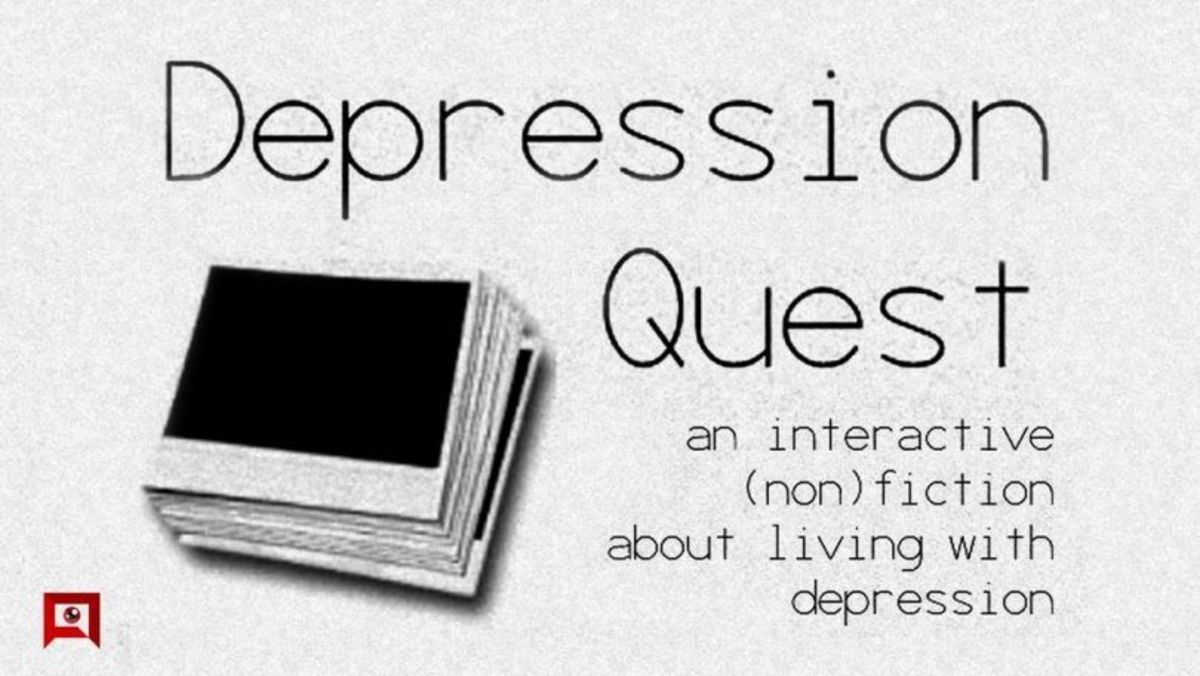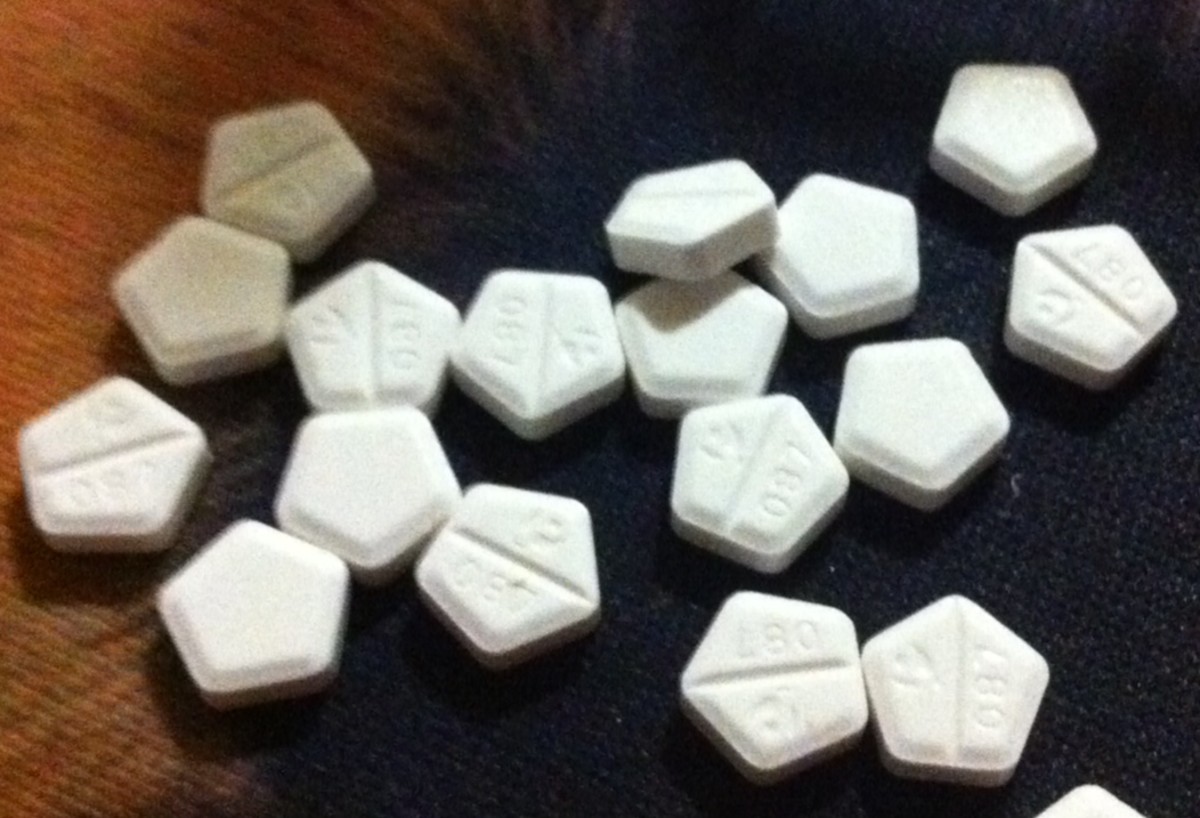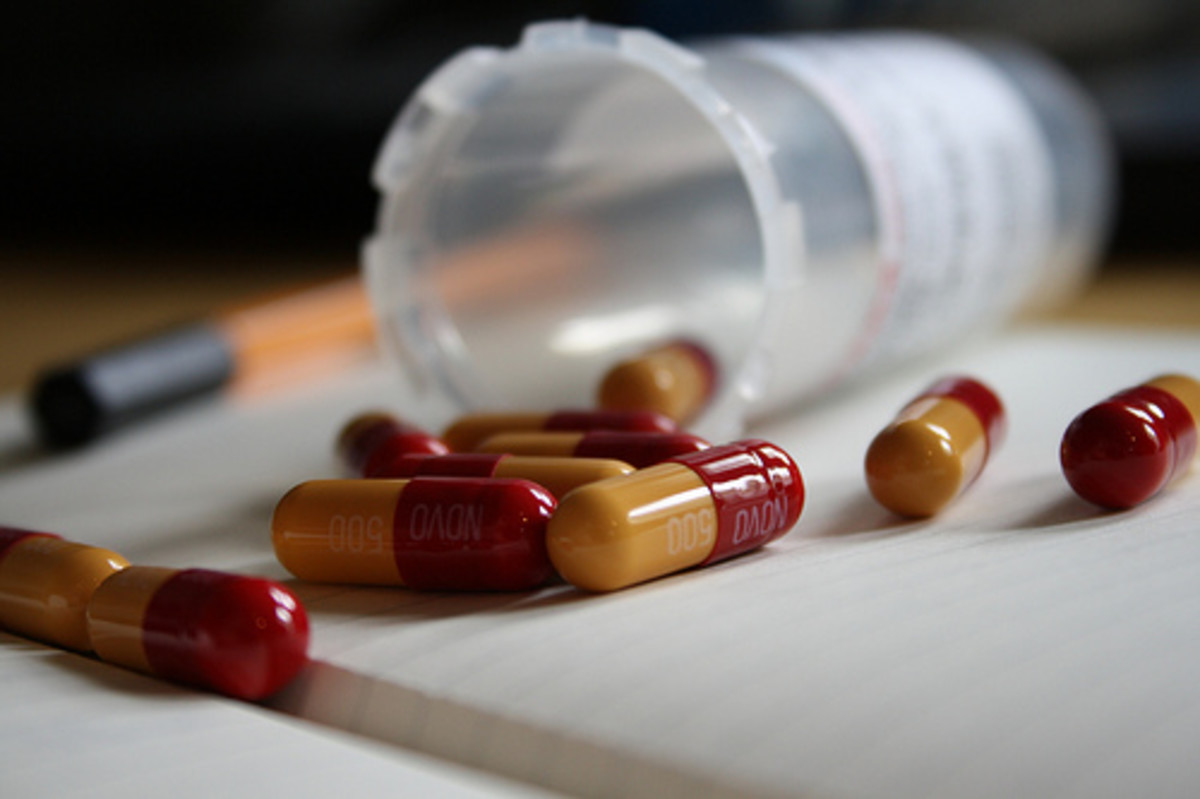Get Over Your Depression

Depression Can be Overcome!
Depression is not easy to deal with and people who have never experienced it don't understand why a person can't just snap out of it. If only it were that simple!
Causes of Depression:
Chemical imbalance: Depression occurs because serotonin and dopamine levels are not optimal.
Physical stress and suffering: This chemical imbalance can occur after a major surgery, illness, or loss. Many people become depressed during and after having a virus. Postpartum depression is an example of this type of depression. The body has gone through a major stressor and is reacting.
Heredity and Genetics: Some individuals come from a long family line of depression and anxiety and clients often tell me that one of their parents or grandparents suffered from depression.
Life Events:Life is full of disappointments and some of these disappointments are major factors in bringing on depression. Being disappointed with ourselves or our mistakes can also lead to depression. Sometimes a person feels that their life has no meaning or purpose, which is something that should be explored with a clergy person or counselor.
Nutrition: Poor nutrition can contribute to depression. Many people don't ingest enough Omega 3 from cold water fish such as salmon, Others don't eat enough green vegetables which provide many of the B vitamins that are important in mental health. Vitamin D, which we can get from the sun, is also an important building block in healthy brain chemistry.
HELP IN TREATING DEPRESSION:
Helping others: Working in a volunteer program also helps as it keeps the mind busy, puts us in contact with others, and helps us to see that our problems are not so great.
Medication: Medication is important in moderate to severe depression, but it will only work if taken daily as prescribed (not just when the person feels bad), and it will not work if alcohol is ingested, because the liver will metabolize the alcohol first and forget to metabolize the medication (that's a simplified version). Antidepressants are NOT addictive and are only needed for long time periods when a person's brain chemistry tends to be lazy in producing serotonin and dopamine. Taking a maintenance dose of an antidepressant for life is not the same thing as an addiction!
Our Thoughts: Our thoughts contribute greatly to depression and depression contributes to our negative thoughts, a sort of vicious cycle. To break that cycle it is important to force oneself to:
1)Recognize the negative, self-pitying thoughts
2) Reject them. Usually they are not accurate or true.
3) Replace them with thoughts of gratitude, list of blessings, and anything else that takes our mind to a positive place.
Our minds like to take the path of least resistance, so the patterns that we have developed of negative thinking are hard to break. It takes will power, practice and patience. Some of my clients find it helpful to put smily stickers all over the house and car to remind themselves to think something positive everytime they see a smily. As we think more positive thoughts, our brain chemistry can actually be improved and serotonin levels can rise.
Nutrition and Exercise: I counsel my clients to take daily Omega 3, Vitamin B complex, and Vitamin D and eat plenty of protein, vegetables and fruit. I also encourage them to exercise and spend time in the sunshine several times a week.
Talk to someone you trust: Whether it be a friend, a pastor or clergy person, or a counselor, it is important to share how you feel and ask for help. Friends can be helpful, but some friends may not know how to help.
What NOT to do:
Other substances: Many people have self-medicated their depression through drugs or alcohol, and ultimately that only leads to more depression and the worse problem of addiction.
Think you can do it alone: I know people who are stubborn and too proud to ask for help. They end up suffering for years when they could have been enjoying their lives. There is no need to suffer when there is help!
Give up on your medication before it has a chance to work: Most antidepressants will take at least 2-3 weeks to kick in and some patients give up before giving the medication time to work. Some religious patients decide that God will heal them and stop taking their medication. Sometimes they have been advised by well-meaning pastors or church friends to "trust God". I would say to them: If your child broke his arm, would you just "trust God" to fix his arm, or would you look for medical help to put the arm back to it's normal position? Medication seeks to put brain chemistry back to normal and is in no way contradictory to any spiritual teaching.
I hope this has been helpful! I am available for anyone who wishes to discuss this further!









